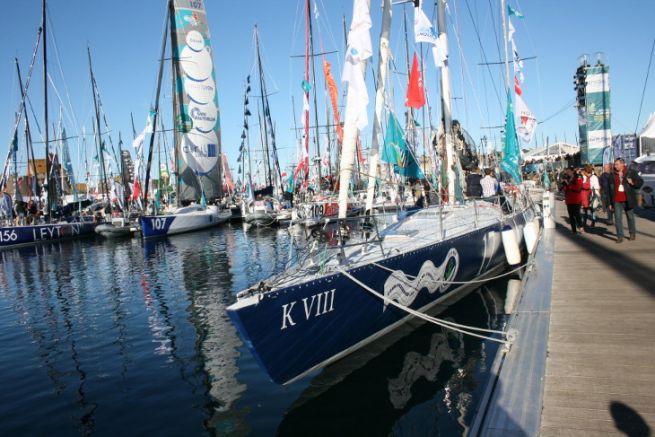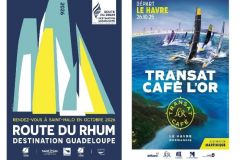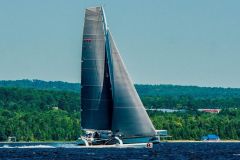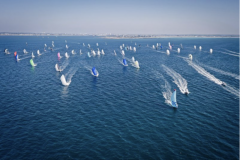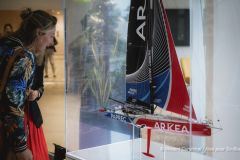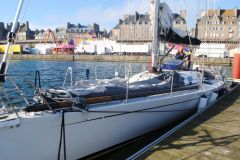What role do amateurs play in major ocean races?
The list of competitors for the Route du Rhum 2022 is officially closed . The number of participants is again a record, with 138 boats announced on the starting line. We can only be delighted by the undeniable attraction of these events, which are a must in the French nautical landscape, as we did when we unveiled the cast.
But a remark from one of our faithful readers did not fail to catch my attention. He underlined the shrinking of the Rhum, Mono and Multi classes and deplored the small place of amateurs in a race "which is losing its soul" If the return of sailing glories in these categories, from Philippe Poupon to Roland Jourdain via Catherine Chabaud or Jean-Pierre Dick is good for the media coverage of the event, which probably does not need it, the stories of "adventure of a lifetime" will be much less in the spotlight. Doesn't the Route du Rhum lose some of its appeal?
It seems clear that the pressure of sponsors and the need to finance large classes such as the IMOCA or Ultims is taking precedence over the mix of races.
Really amateur races
At this stage, the answer is not elsewhere, in classes reserved for amateurs. The success over the years of the Transquadra or the one we hope for the newcomer, Cap Martinique, the first non-stop transatlantic race - apart from the Mini Transat which is no longer presented - shows that amateur skippers are interested. Nevertheless, we can notice that the profile of the winners is sometimes semi-professional. The possible return of the Tour de France in Class 30 would also be an opportunity for a new mix.
But isn't the question the spectator's view of the race and the competitors' expectations? Are they coming for the sailing experience or to put their name next to Armel Le Cléac'h or François Gabart? Do we want stars or stories of competitors who look like us? Probably both. So we will continue to be the voice of these two realities.
